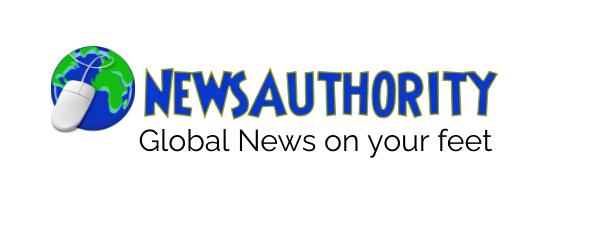By Sadiq Hussain and Emmanuel Oloniruha
The Abuja School of Social and Political Thought (ASSPT) has called on international community and regional power blocs to proffer collective solution to recent challenges confronting West Africa democracy.
The Director of ASSPT, Dr Sam Amadi, made the call at a policy dialogue titled “Democracy and the Future of Economic Development of West Africa States (ECOWAS)’’ in Abuja.
The dialogue was organised by the school in collaboration with the Save Democracy Group West Africa (SDG-WA).
Amadi said that the group was concerned about the travails threatening West Africa democracy with all seriously considering the rising level of poverty, insecurity and stagnant economic development in the sub-region.
These according to him, include the recent challenges of coup d’etats, notice of withdrawal from ECOWAS bloc by the Niger Republic, Burkina Faso and Mali, as well as the postponement of Senegal President Election.
He said that the failure of democracy in West Africa would mean failure of development in the field of human welfare.
“So, we are worried as a school that this is not just spiting people or Nigeria government as some might see it, because of the leading role Nigeria is playing in stopping or speaking against the coups.
“This is actually serious challenge to sustainability of livelihood in West Africa.
“So this triple actions, rising poverty, rising fragility and violence, and economic stagnation means that this should be a prime place for ECOWAS, Africa and international people,’’ Amadi said.
As part of effort to sustain democracy of the sub-region, Amadi said that the two organisations would set up a “Democracy in West Africa Observatory’’ to strengthen democracy in the West Africa sub region.
Amadi said that the observatory, which is similar to that of election observatory group, would continually assess, analyse and intervene to strengthen democracy in the W/Africa sub-region.
He said that it would also help to provide scientific thinking, policy ideas that would help governments, train policymakers to understand issues and how to engage issues and government.
He said that the establish observatory would serve as a hub to, first to deal with early warning signals of problems and preventive actions.
“It will be a hub of journalists, scholars, researchers, practitioners, society leaders coming together online and offline, to gather information, reports, analyse, the trends how our democracy is going.
“We want to take democracy in West Africa or civil rule as an important responsibility; because its collapse will trigger high level of refugee crisis,’’ he said.
Amadi said that Nigeria must take the lead to prevent collapse of democracy in the sub-region as well in the interventions to sustain democratic deliverables in West Africa.
The SDG-WA Regional Coordinator, Dr Law Mefor, said that contrary to some belief that democracy was failing in Africa, he believed that political leaders and some influences did not allow democracy to thrive.
Mefor said that conversations must commence to correct that to give democracy a chance to thrive.
He said that every stockholder should be concern about Burkina Faso, Mali and Niger leaving the ECOWAS blog and the implications.
He also said there was need to look into allegations that ECOWAS had abandoned the dream of its founding fathers and its leaders working for foreign interests.
Mefore, however, said irrespective of the allegations democracy remained the best form of government and must be allowed to work and engender development in West Africa.
“We should as a matter of urgency, understand that if we allow democracy to collapse completely in West Africa and welcome the return of military, we do not think that the military is an option.
“We have experienced both. We have seen military and it is certainly not democracy.
“We certainly know that the military rule has not favoured both the rights of the people and development in W/African sub-region,’’ Mefor said.
A fellow of the school, Prof. Udenta O. Udenta, said that the observatory would not just be a communication hub, but also providing data and ideas to serve as preventative warning and diplomacy among others.
Udenta said that the observatory would also be engaging different stakeholders with conversations that would not be an abstract, but those that would lead to functional democracy in ECOWAS sub-region.
Elder Ayokunle Fagbemi, a discussant said one of the things the observatory would be bringing to table was familarisation of stakeholders existing instruments within ECOWAS and member states.
Fagbemi, the Executive Director , Center for Peacebuilding and Socio-Economic Resources Development (CePSERD), said there were a lot of instruments, particularly from the ECOWAS system, that many were not familiar with their contents.
This according to him is creating gaps in engaging ECOWAS democracy.(NAN)

